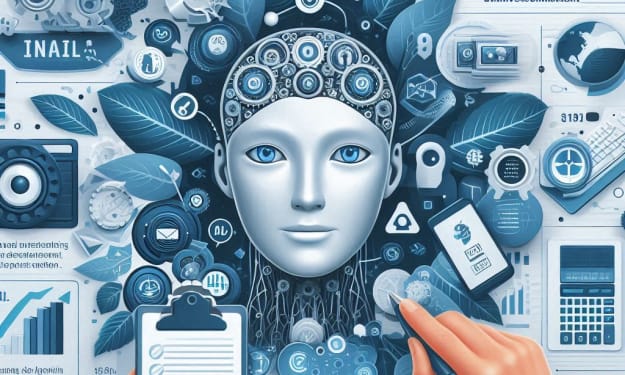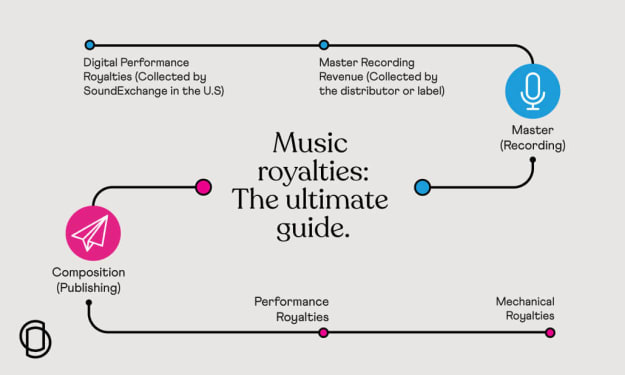
A course in barbering typically covers a range of skills and knowledge needed to become a professional barber. Here are some key components you might expect to learn in such a course:
Haircutting Techniques: Instruction on various haircutting techniques, including classic styles like fades, taper cuts, and layering.
Shaving and Beard Trimming: Techniques for traditional wet shaving, beard shaping, and maintenance.
Hair Styling: Training in hair styling products, blow-drying techniques, and styling for different hair types.
Sanitation and Hygiene: Importance of cleanliness, sterilization of tools, and maintaining a hygienic workspace.
Client Consultation: Skills in understanding client preferences, facial shapes, and recommending suitable haircuts.
Barber Tools: Familiarization with different barbering tools such as clippers, scissors, razors, and their proper usage.
Business Management: Basics of running a barber shop, customer service, appointment scheduling, and retailing barbering products.
State Regulations: Knowledge of health and safety regulations, licensing requirements, and sanitation standards mandated by local authorities.
History and Culture: Understanding the history of barbering, its cultural significance, and how it has evolved over time.
Practical Experience: Hands-on practice with mannequins and real clients under the supervision of experienced instructors.
Courses can vary in length and depth depending on the institution and the specific focus of the program. Some courses may also offer specialized training in areas like hair coloring, skin care, or advanced shaving techniques.
A course in barbering is designed to equip individuals with the knowledge and practical skills necessary to become professional barbers. Whether pursuing a career in a barbershop, salon, or even starting their own business, students can expect a comprehensive education that blends theory with hands-on experience.
1. Haircutting Techniques:
Central to any barbering course is the mastery of haircutting techniques. Students learn a variety of styles ranging from classic cuts like fades, tapers, and crew cuts to contemporary trends and specialty cuts. Understanding the principles of hair texture, density, and growth patterns is crucial for delivering precise and tailored haircuts that meet clients' preferences.
2. Shaving and Beard Trimming:
Barbering courses typically cover the art of shaving and beard grooming. This includes mastering traditional wet shaving techniques, using straight razors or safety razors, and achieving smooth, irritation-free results. Beard trimming techniques are also taught, focusing on shaping, detailing, and maintaining facial hair to enhance facial features.
3. Hair Styling:
Hair styling is another fundamental aspect of barbering education. Students learn how to use styling products effectively, including pomades, gels, and waxes, to create various looks and textures. Techniques for blow-drying, combing, and finishing hair are practiced to ensure clients leave with a polished and styled appearance.
4. Sanitation and Hygiene:
Maintaining a clean and hygienic environment is essential in barbering. Courses emphasize proper sanitation practices, sterilization of tools, and maintaining hygiene standards to prevent infections and ensure client safety. Understanding and adhering to health regulations and licensing requirements are also taught to prepare students for professional practice.
5. Client Consultation:
Effective communication skills are crucial for barbers. Students learn how to conduct thorough consultations to understand clients' preferences, facial shapes, and lifestyle considerations. This enables them to recommend suitable hairstyles and grooming routines that enhance their clients' appearance and satisfaction.
6. Barber Tools and Equipment:
Familiarization with barbering tools is a key component of the curriculum. Students become proficient in using clippers, scissors, razors, and other specialized equipment. They learn how to select the appropriate tools for different hair types and styles, as well as how to maintain and care for their equipment for optimal performance.
7. Business Management and Professionalism:
Beyond technical skills, barbering courses often include training in business management and professionalism. Topics covered may include customer service strategies, appointment scheduling, retailing barbering products, and managing finances. This prepares students to effectively run their own barbershop or salon or succeed as part of a team in a professional setting.
8. State Regulations and Licensing:
Understanding legal requirements and regulations specific to barbering is essential for aspiring barbers. Courses provide knowledge on state licensing procedures, health and safety regulations, and compliance standards. This ensures that graduates are prepared to meet industry standards and operate within legal boundaries.
9. History and Culture of Barbering:
Barbering courses often explore the rich history and cultural significance of the profession. Students learn about the evolution of barbering practices, traditional grooming rituals, and the role of barbers in society. This knowledge helps students appreciate the heritage of their craft and its continued relevance in modern times.
10. Practical Experience and Apprenticeships:
Hands-on training is a cornerstone of barbering education. Students have opportunities to practice their skills on mannequins and real clients under the supervision of experienced instructors. Some programs also offer apprenticeships or externships, allowing students to gain practical experience in a real-world barbering environment.
In conclusion, a course in barbering offers a comprehensive education that prepares individuals for a rewarding career in the grooming industry. By mastering haircutting techniques, shaving and beard trimming skills, hair styling, sanitation practices, and client communication, students graduate with the expertise and confidence needed to excel as professional barbers. With a strong foundation in both technical skills and business acumen, graduates are equipped to meet the diverse needs of their clients and contribute to the thriving barbering profession.
About the Creator
Lorna Leslie
Hi I'm Lorna Leslie storyteller from Jamaica, known for my enchanting and immersive narratives. With a deep passion for weaving tales that captivate and resonate,my works span various genres,from historical dramas to contemporary romances.
Enjoyed the story? Support the Creator.
Subscribe for free to receive all their stories in your feed. You could also pledge your support or give them a one-off tip, letting them know you appreciate their work.






Comments
There are no comments for this story
Be the first to respond and start the conversation.